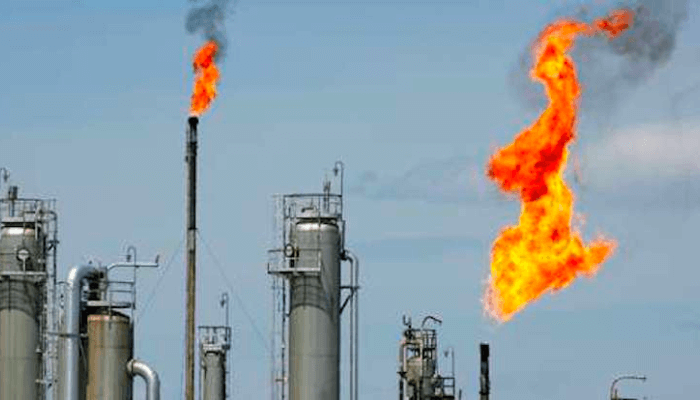According to BudgIT Nigeria, between 2021 and 2024, Nigeria lost approximately 23 trillion liters of potential energy due to flaring, wasting over 817,000 mmscf of gas.
According to several assessments, the gas lost due to flaring could have produced more than 110,000 GWh of electricity, which would have been sufficient to power over 10,000 Nigerian households for a year.
The official X handle of BudgIT Nigeria @BudgITng in Abuja provided the value of the wasted gas.
In Nigeria, gas flaring is still a major issue that results in significant environmental harm as well as financial loss.
Due to ambiguous legislation, a lack of effective government interaction with oil firms, and regulatory loopholes, enforcement has been inadequate despite decades of government efforts, including court decisions, deadlines set by previous governments, and legislative measures.
The Federal High Court’s 2005 decision that gas flaring is unlawful as a violation of human rights; Presidents Yar’Adua (2008) and Jonathan (2011) missed government deadlines to stop flaring; the Gas Flaring Prohibition Bill (2017–2018) was stalled and never passed into law; the Petroleum Industry Act (2021) that requires feasibility studies for gas use but permits flaring without penalties for up to five years; and the Associated Gas Re-Injection Act (AGRA), which permits exemptions and imposes fines that are too low to discourage flaring are some of the major interventions.
Regulatory agencies such as the Nigerian Midstream and Downstream Petroleum Regulatory Authority and the Nigerian Upstream Petroleum Regulatory Commission have difficulties due to insufficient penalties, limited monitoring capabilities, and overlapping missions.
Public openness and satellite tracking are still not fully integrated.
In accordance with international climate goals, the government now aims to stop routine gas flaring by 2030.
National flare reduction targets, methane emission guidelines, and the Nigerian Gas Flare Commercialization Programme (NGFCP), which encourages flare gas commercialization, are examples of collaborative initiatives now in progress.
Stronger enforcement, significant fines, community involvement, reimbursement for health effects, and expedited flare gas utilization projects for industry and power are necessary for success, nevertheless.
Nigeria runs the risk of losing its enormous energy resources and suffering the social and environmental consequences of gas flaring until these crucial measures are firmly put into place.

